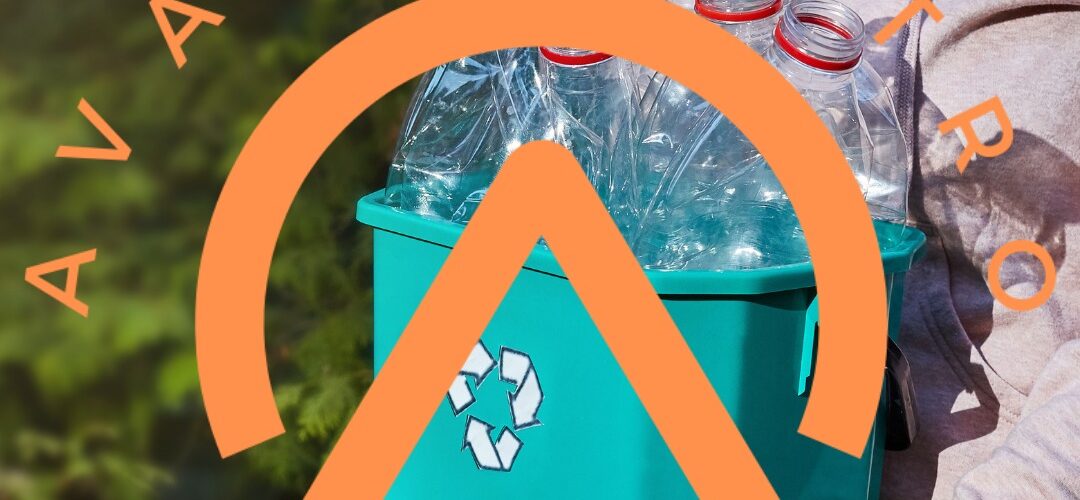What can be produced from plastic waste
Unlocking the Potential: What Can Be Produced from Plastic Waste?
In today’s rapidly evolving world, the issue of plastic waste has become a global concern. The environmental impact of plastic pollution is undeniable, prompting the need for innovative solutions to mitigate its effects. In this comprehensive exploration, we delve into the myriad possibilities that arise when we address the question: What can be produced from plastic waste?
- Sustainable Alternatives: Transforming Plastic Waste into Eco-Friendly Products
In the quest for sustainability, researchers and innovators have been pioneering groundbreaking methods to repurpose plastic waste. Upcycling, a process that transforms discarded plastics into high-quality products, has gained traction. From stylish furniture to durable household items, the potential for creating sustainable alternatives from plastic waste is immense.
1.1. Eco-Friendly Furniture: Redefining Interior Design
Embrace a greener lifestyle by furnishing your space with environmentally conscious choices. Innovative designers are crafting chic, durable furniture from recycled plastic, offering a stylish and sustainable solution to interior decor. From chairs to tables, these pieces prove that conscious living can be synonymous with elegance.
1.2. Reusable Household Items: Reducing Environmental Footprints
Plastic waste can be repurposed into reusable household items, diminishing the reliance on single-use plastics. Eco-conscious consumers can now opt for reusable containers, kitchenware, and storage solutions crafted from recycled materials, contributing to a circular economy and reducing environmental impact.
- Sustainable Construction Materials: Building a Greener Future
The construction industry, a major contributor to environmental degradation, is undergoing a transformative shift toward sustainability. Plastic waste is being transformed into innovative construction materials that rival traditional counterparts in both strength and durability.
2.1. Recycled Plastic Bricks: Solid Foundations for Sustainable Building
Imagine constructing buildings with bricks made entirely from recycled plastic. This eco-friendly alternative not only reduces plastic waste but also provides robust, energy-efficient structures. The construction industry is embracing these recycled plastic bricks as a forward-looking solution to address environmental concerns.
2.2. Eco-Friendly Insulation: Enhancing Energy Efficiency
Plastic waste can be repurposed into insulation materials, offering a sustainable option for enhancing energy efficiency in buildings. This innovative approach not only reduces the carbon footprint of construction projects but also contributes to creating a more sustainable and energy-efficient built environment.
- Renewable Energy Solutions: Harnessing Plastic Waste for Power
In the pursuit of clean energy, researchers are exploring ways to convert plastic waste into a valuable resource for renewable energy production. This groundbreaking approach offers a dual benefit by addressing the plastic waste crisis while contributing to the global shift towards cleaner energy sources.
3.1. Waste-to-Energy Conversion: Turning Trash into Power
Cutting-edge technologies are emerging to convert plastic waste into energy through advanced waste-to-energy conversion processes. These methods not only provide an alternative to traditional fossil fuels but also offer a sustainable solution to manage the ever-growing amounts of plastic waste.
3.2. Plastic Pyrolysis: Transforming Waste into Renewable Resources
Pyrolysis, a thermal decomposition process, enables the conversion of plastic waste into valuable fuels and chemicals. This innovative technique holds promise for creating a closed-loop system, where plastics are continually recycled to generate renewable resources, reducing dependency on non-renewable energy sources.
- Environmental Impact Assessment: Navigating the Path to a Greener Future
Understanding the environmental impact of plastic waste is crucial in devising effective strategies for waste management and repurposing. Comprehensive life cycle assessments and environmental impact studies play a pivotal role in evaluating the ecological footprint of products derived from recycled plastics.
Conclusion: Embracing Innovation for a Sustainable Tomorrow
In conclusion, the question, “What can be produced from plastic waste?” opens the door to a realm of possibilities. From sustainable furniture and construction materials to renewable energy solutions, innovative minds are reshaping the narrative on plastic waste. By embracing these transformative approaches, we pave the way for a greener, more sustainable future.
Written by Emir Narin

